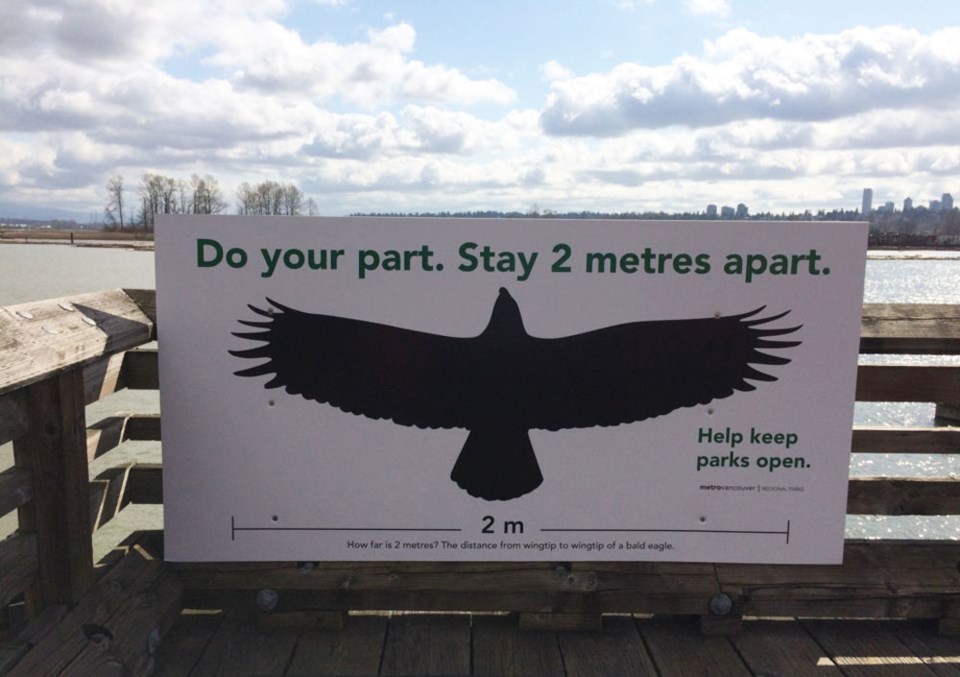When it came, it was with more of a whimper rather than a bang.
The World Health Organization’s declaration last Friday that the COVID-19 public health emergency is officially over no doubt struck many as anticlimactic, to say the least.
In fact, I suspect many people had assumed the emergency ended months ago as we have largely returned to “normal” life for quite some time now.
Crowds have gathered in large numbers, mask wearing is optional, and the vast majority (85 per cent) of British Columbians are fully vaccinated. Those one-way shopping aisles (remember them?) and social distancing markers disappeared long ago.
But COVID-19 has not disappeared and is highly unlikely to. It is now an established pathogen around the world, and it continues to inflict damage to parts of our population, particularly the elderly.
For example, the B.C. Centre for Disease Control reports that in the last week of April, 175 people were in hospital after testing positive for the virus, and 16 of those were in critical care.
During the last six months almost half the deaths of people who had recently tested positive for COVID-19 resulted from the virus being the underlying cause of death (these primarily involve people over the age of 70).
New COVID-19 variants continue to emerge as well. The latest is called XBB.1.16 (nicknamed “Arcturus”), and it was first detected in India.
But our high vaccination rate means the ongoing existence of COVID-19 will likely not pose the kind of threat it did before the vaccines did their job.
The WHO declaration of the COVID-19 public health emergency came on January 30, 2020. British Columbia, like everywhere else in the world, was about to go through unprecedented times.
Hundreds of thousands of British Columbians contracted the virus (more than 400,000 cases have officially been detected, but that is a fraction of the total cases) since that day.
As of the start of this month, more than 35,000 people had been hospitalized with the virus since the pandemic was declared, with the median age being 70 years. More than 7,100 were sick enough to be in critical care and more than 4,000 people died (the median age being 82 years).
The emergency exposed many things, some of them good and some of them bad.
The rapid development of COVID-19 vaccines was a miracle of sorts, given the historically slow pace of creating other vaccines. The public bought into the vaccination program in a big way and for the most part supported unprecedented public health orders and guidelines.
However, a visible and vocal anti-science community emerged, and so did conspiracy theories largely associated with the far-right fringe. There were deep divisions in some communities, and many found themselves in isolation for much of the pandemic.
Still, we have come through it all and are in a much better place than we were for the first two years or so of the pandemic.
In a box below my desk, I keep my COVID-19 notebooks and charts that tell B.C.’s journey through the emergency. More than a dozen spiral notepads, with page after page detailing the toll this virus took.
Each page shows daily how many cases had been detected, how many people were in hospital and ICUs, and sadly, how many died, along with a breakdown by various categories.
Looking at them now seems to be looking back at a very distant and strange time. I haven’t written in them for months now, and I hope I never have need to again.
Keith Baldrey is chief political reporter for Global BC.




